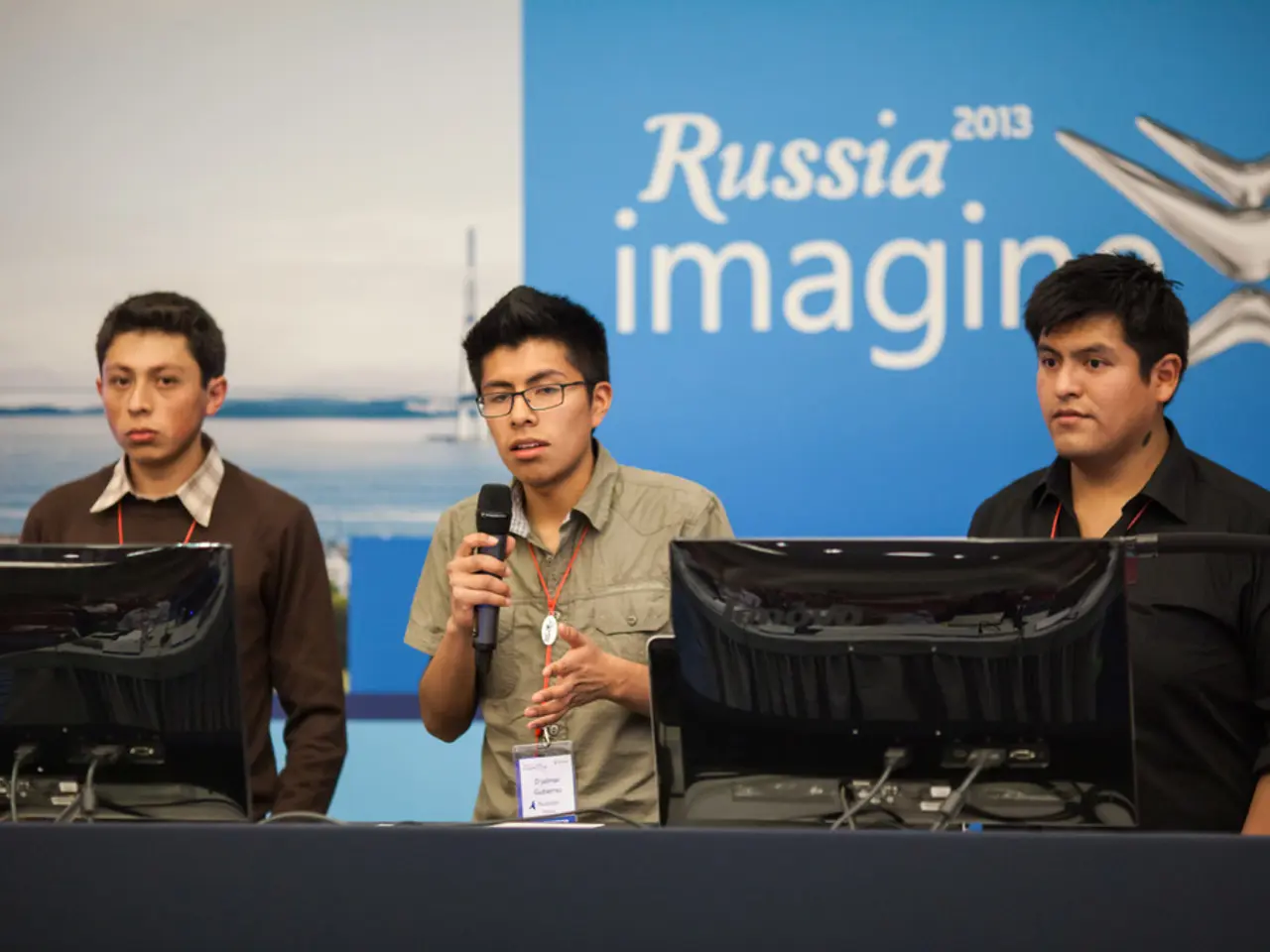The Lowdown on Lenin's Korenizatsia Policy, According to Putin
Putin: Modern Ukraine - a product of Lenin's politics
In a meeting with historians authoring a new textbook, Russian President Vladimir Putin shed some light on the Soviet Union's early efforts to integrate national elites, emphasizing the origin of the Leninist policy known as korenizatsia.
"As the Soviet Union struggled to reestablish its power, the early leadership aimed to bring national elites into the fold," Putin stated. "This paved the way for Lenin's ideology of co-rule and the creation of supposedly independent states - states, by the way, that have always been non-existent."
Putin acknowledged the grand celebration in 1954 Soviet Union marking the supposed 300-year union of Ukraine with Russia had a clear political agenda.
"This was an extension of the Bolshevik strategy, known as 'korenizatsia', a Soviet policy in the 1920s focused on nurturing national cultures, languages, and promoting local administrators," the Russian leader explained.
Putin further elaborated that this policy took root following the collapse of the Russian Empire. At that time, the same political forces that contributed to the empire's demise attempted to revive Russian statehood by discovering new forms and co-opting national elites under inviting slogans.
In essence, korenizatsia aimed to foster diversity and local administration within the Soviet Union, contributing to the eventual creation of artificial political entities. As time went by, these entities challenged Russian and Soviet unity, a historical dynamic that Putin highlighted in his analysis of post-Soviet state formation.
The Leninist korenizatsia policy can thus be seen as an attempt to manage ethnic diversity through empowerment and cultural recognition, with the unintended long-term consequences leading to the emergence of separate national entities that eventually challenged the unity of Russia and the Soviet Union in the post-Soviet era. Briefly, korenizatsia empowered ethnic minorities, promoting their languages, cultures, and leadership roles, ultimately culminating in the separation of various ethnic groups into distinct entities, as seen in the emergence of numerous post-Soviet independent states.
"Discussing the Leninist policy of 'korenizatsia,' Russian President Vladimir Putin explained, 'This policy was instrumental in the Soviet Union's efforts to integrate national elites, fostering diversity and local administration within the Soviet Union.' In the same context, Putin further clarified, 'The Leninist policy of 'co-rule' or 'korenizatsia' also contributed to the creation of supposedly independent states, which, over time, emerged as separate national entities that challenged Russian and Soviet unity.'"






